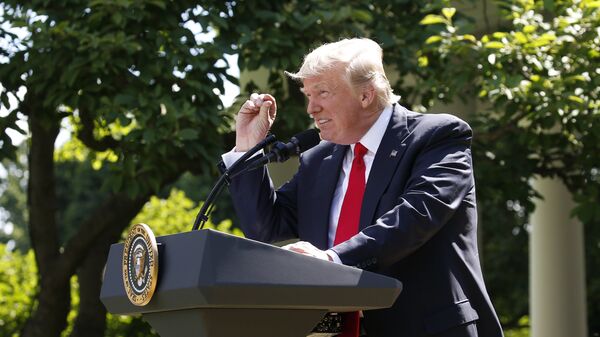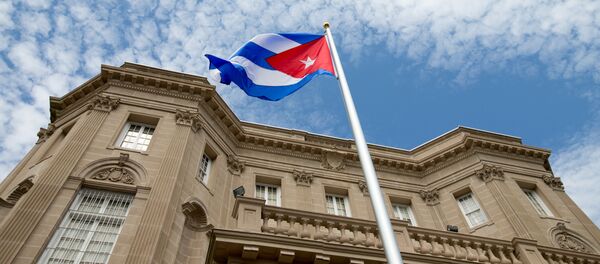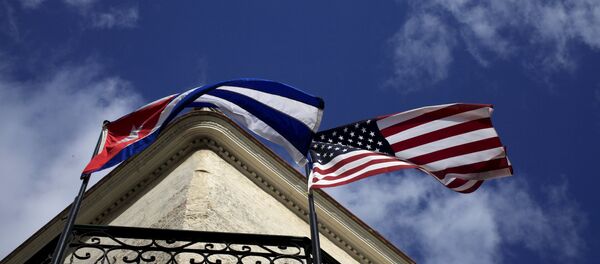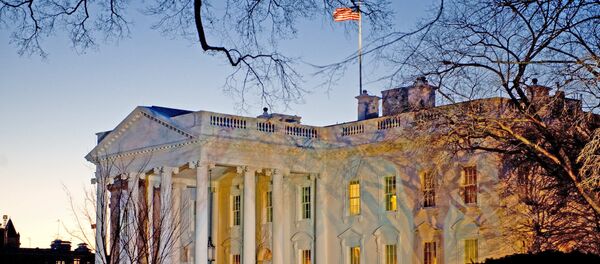“Donald Trump is back to the anti-Communist rhetoric of the most traditionalist kind,” he added.
He believes that Trump’s refusal to mend fences with Havana would harm Cuba by slashing the number of American tourists coming to the island, undermine the fledgling business cooperation between the two countries and antagonize businessmen on both sides of the Straits of Florida.
Jorge Casals, the former director of the Institute of International Relations of Cuba, said he was worried to hear Trump blaming Havana for the ongoing crisis in Venezuela.
“Trump wants to create the impression that he is making good on the promises he gave while on the stump. He pretends that he will change everything, while in reality nothing is changing,” Casals said.
He added that Trump’s “America First” slogan was actually at variance with what 70 percent of Americans think about Cuba, including 71 percent of Republicans who believe that normalizing ties with Cuba is the right way to go.
“Trump will now have to explain his decision to his own businessmen who want to do business with Cuba, especially in aviation, tourism and agriculture,” Jorge Casals said.
Dr. Rene Gonzalez Barrios, the president of the Institute of Cuban History in Havana, believes that “Trump acts on a whim” and uses “the most vulgar and disrespectful rhetoric a head of state can possibly use when addressing a whole nation.”
He also said that Trump’s recent visit to Miami had proved once again that after what he said there mending fences with Cuba would be a tough call even though relations between the people of the two countries remain good.
In late-2014, then-President Barack Obama launched the process of fence-mending with Cuba, and in March 2016, he paid a personal visit to Havana. The United States also eased its economic sanctions against Cuba, but not the 50-year-old trade embargo, which still remains in place.
The Cuban Foreign Ministry said in a statement that the measures taken by the US president would fail, just like similar American measures taken before, and would neither undermine the Cuban revolution nor bring the Cuban people to heel.
“The US is not in a position to lecture us. We have serious fears about the state of human rights in that country,” the statement said.
Addressing a crowd of anti-Castro Cuban expats during a trip to Miami, Florida, last Friday, President Trump charted a course of more confrontational relations with Havana.
He then signed a six-page directive that ordered new travel and commercial restrictions, which we were seen by many as an attempt to chip away at the legacy of Barack Obama, who spent the last two years of his presidency looking to improve relations with Cuba.





